By Nathan Smith
Can you imagine living without the modern marvel of today’s medicine? From treatment methods to new pharmaceuticals and growing technology, we are living longer and healthier lives.
Doesn’t it make sense then, to apply the same thinking to our animals?
While I was at my parents’ house for the holidays, a new calf was born. That calf was healthy and walking in minutes after birth. But if left unchecked or uncared for, it might succumb to an illness or disease and possibly die.
When it gets a little older, my dad will give it vaccinations against those diseases. The animal antibiotics aren’t home remedies or made-up concoctions, but scientifically tested and proven to prevent and treat common health problems.
Likely, that calf will grow up to be healthy and content, largely because of the way my dad treats his livestock. And my dad isn’t alone. Millions of farmers and ranchers who raise livestock have the same high standard for animal welfare.
Critics claim ranchers are reckless and overuse medications on animals. I forgot to mention that vaccinations, like human medications, aren’t cheap. There is no advantage to using more than the prescribed amount.
Recent comments from U.S. Agriculture Secretary Tom Vilsack have led some to believe his agency is making a bad move in its policy toward antibiotics and animal health.
The American Veterinary Medical Association (AVMA) recently sent a letter to Vilsack, cautioning the U.S. Department of Agriculture from removing the use of antibiotics in food animals, citing animal and human health as reasons. AVMA President Dr. René Carlson pointed to long-term impacts of rash action.
“To restrict certain uses of antibiotics without careful consideration of the risks and benefits to both humans and animals removes a very valuable tool in the veterinarian’s medical bag for preventing and minimizing animal disease and suffering, while also ensuring a safe and wholesome food supply,” Dr. Carlson said in the letter. “The AVMA strongly supports the judicious use of antibiotics in food-producing animals. This includes the administration of antibiotics for treatment, control and prevention of animal diseases to promote food safety, as well as assure the health and well-being of food-producing animals.”
When I sit down to the dinner table or visit a restaurant, I have peace of mind that the animal that provided the meat was well cared for and treated with safe medications to see it to maturity.
Apparently, America’s brightest veterinarians are, too.

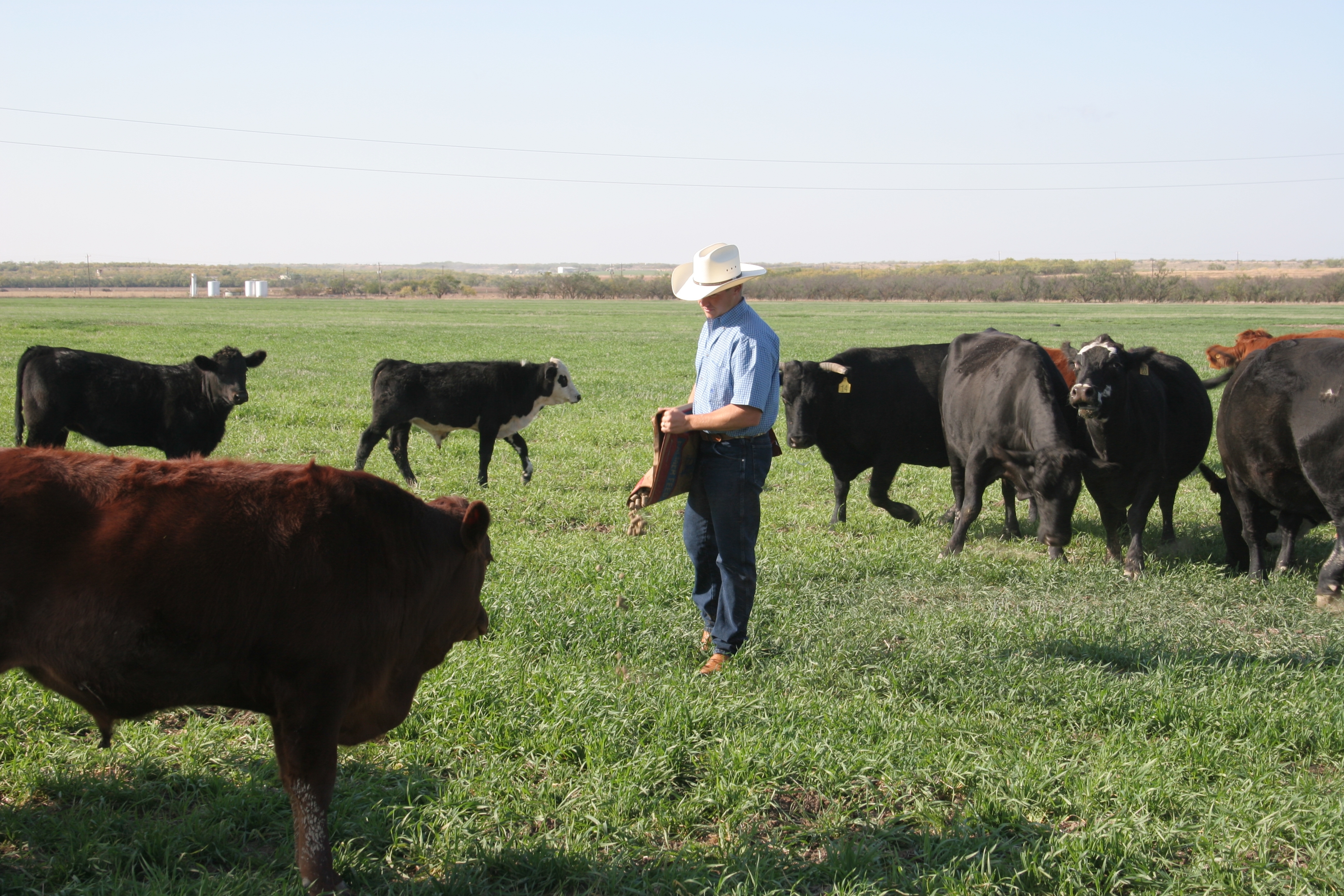
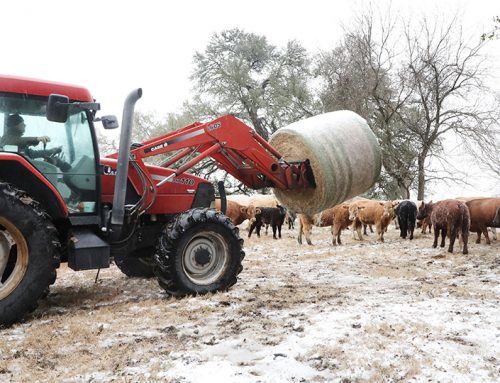
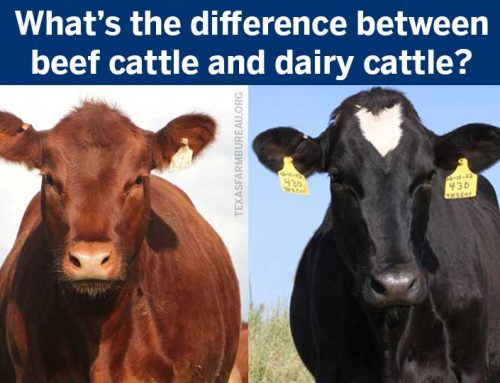

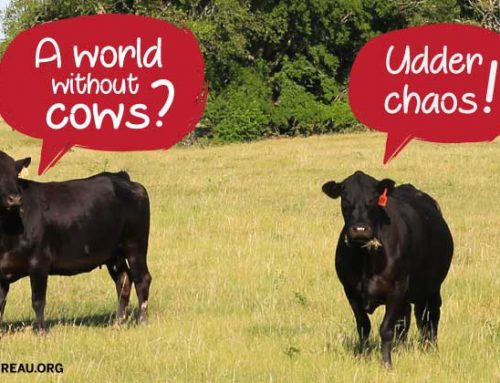
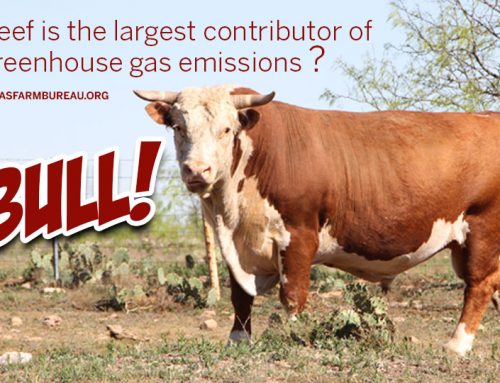



[…] Chipotle, I think treating animals when they are sick is the right way. Ranchers give their cattle antibiotics when they are sick, just like I give my son medicine when he is sick. I’ll do anything I can to help my little boy […]